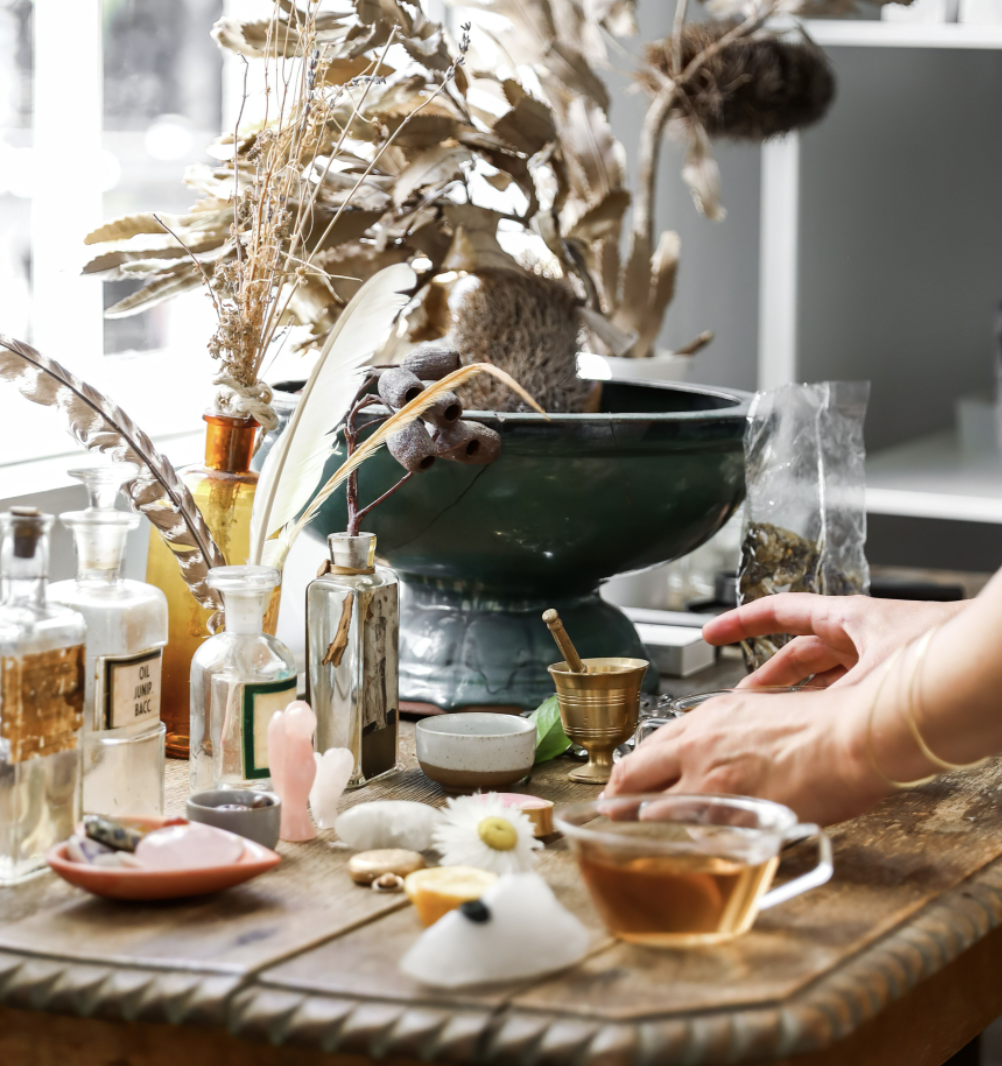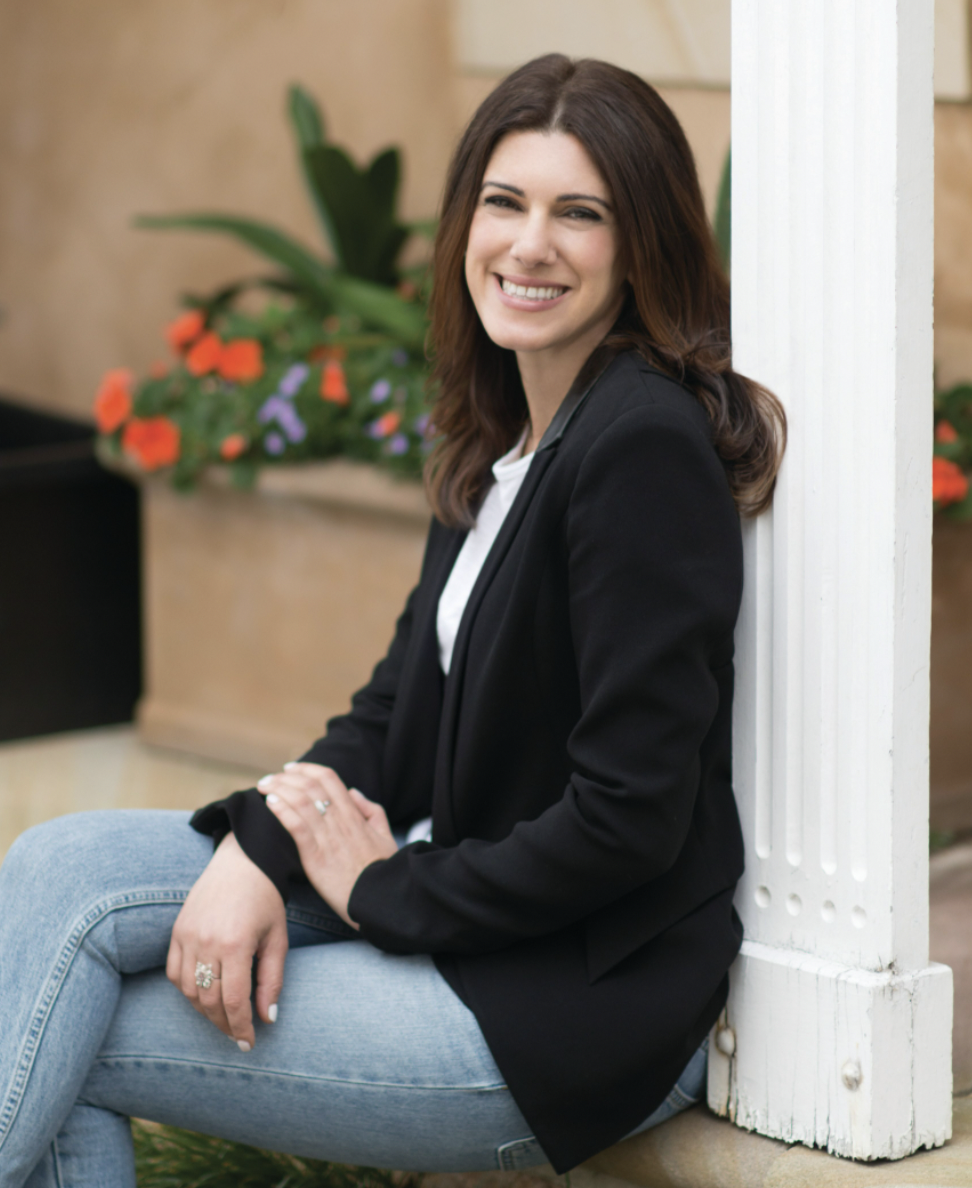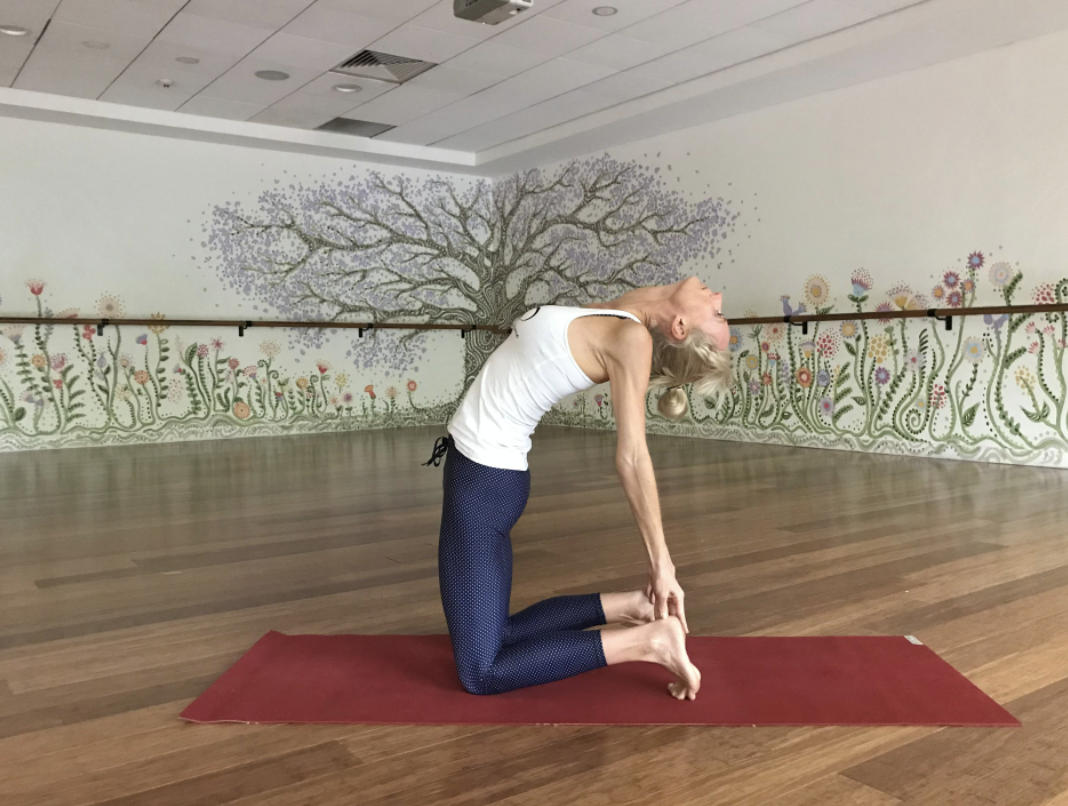Deep breaths
The beginning of 2022 didn’t feel like the start of a new year. Instead of reaching for our goal planners, most of us wanted to curl up and binge Netflix. Even now, we’re dragging ourselves to work and struggling to muster the energy to get through the day. After more than two years of COVID upending ‘normal’ life, we’ve officially entered a new phase of the pandemic: the hangover.
“The number one symptom I see in my practice is exhaustion,” says naturopath and herbalist Anthia Koullouros. “People don’t even know what word to use anymore. They’re just done.”
Koullouros, who runs Apotheca by Anthia on Glenmore Rd, says that, during the worst days of the pandemic, our bodies went into ‘fight or flight’ mode but this stress response was designed for short bursts, not the long haul we’ve experienced through COVID.
She says that when we stay in fight or flight for too long, it’s like overdrawing a bank account. If our body’s health account is overdrawn, it can activate the ‘freeze’ response to prevent reserves from being emptied out. Feelings of being overwhelmed, numb or disconnected are all signs of a freeze response.
Georgia Fong and Elizabeth Cullen of the Dao Clinic
“I want people to know that most of us are in freeze right now and that it’s normal,” Koullouros says. “It’s your nervous system shutting things down to preserve energy, but it feels like burnout and exhaustion.The nervous system has tendrils that connect to every organ and body system.”
Pandemic fatigue is being seen by practitioners across Paddington as we recover from years of stress, sickness and lockdown.
Chinese medicine practitioners Georgia Fong and Elizabeth Cullen, from the Dao Clinic on William St, say they are commonly treating patients wanting to recalibrate their bodies after a long, tough period.
“Traditional Chinese medicine is about supporting the body and mind to be in a place of balance rather than excess or deficiency,” Cullen explains.
“That balance is vital in the time of a pandemic and it’s about keeping your ‘cup’ full rather than empty. The body is always trying to show you what it needs, and you need to give yourself time to listen to it.”
Acupuncture uses different points on the body to stimulate the nervous system, making it an effective treatment for burnout. In Chinese medicine, chronic stress is related to the liver meridian, which is responsible for circulating our blood and ‘qi’, a Chinese term for life force. When liver qi becomes stuck over long periods of time, it can lead to physical inflammation and emotional imbalance.
Fong says pandemic fatigue presents as symptoms ranging from tiredness and lethargy to irritability, anxiety, forgetfulness and sense of apathy. One silver lining of the pandemic, however, is that more patients are making their health a priority.
Anthia Koullouros
“People are learning to slow down and to be OK with it,” Fong says. “Learning to say ‘no’ is a concept people find hard to wrap their head around but we’re seeing more patients creating space in their social calendar for downtime.”
Kate Kendall, co-owner of Flow Athletic, believes one of the best doses of medicine right now is “quite literally under your nose”. At the end of the lockdown last year, she added breath work classes to Flow’s yoga schedule after observing the mental and physical exhaustion in members returning to the studio.
For many, the lockdowns triggered unresolved trauma and health issues and for Kendell, it presented a massive wake-up call to confront her 27-year eating disorder.
Along with joining a specialised 12-step program, breath practices have become an important part of her recovery. When the world opened after lockdown, she wanted to share this accessible tool that supported her through a challenging time.
“Scientifically speaking, controlled or conscious breathing regulates our stress response, taking us out of the ‘fight or flight’ mode,” she says.
“Yogic breath work has been proven to lower cortisol levels, blood pressure and improve the autonomic response to physical and mental stress.”
One of the easiest practices is to make your exhale longer than your inhale. The simple act of inhaling to a count of six and exhaling to a count of eight can instantly lower stress levels and improve concentration.
As Kendell says, “Breathing practice is like an adaptogen. Whatever you’re trying to do, be it perk up or calm down, it makes you better at it.”
Ben Lucas, the other half of Flow Athletic, has also shifted his approach to training sessions on the other side of lockdown.
Kate Kendall at Flow
“I’ve got clients coming back after having months, even years off, and I tell them it’s just about consistency over intensity,” he says. “You don’t need to go back to exactly where you left off. You don’t have to be sore or break a sweat, you just need to get into the habit of doing things daily.”
Lucas says this advice was prompted from his own health struggles during the first lockdown when the pressure of keeping his business afloat left him anxious and at the heaviest weight of his life.
Determined to take back control, he began running 5km every day because he needed to commit to a habit that required limited time and resources. Post-lockdown, he is still running every day and credits the combination of time alone, fresh air and movement with shedding the kilos and, more importantly, improving his mental health.
“One of the lessons I’ve learned is to be kind with yourself,” he says. “Don’t get angry that you can’t lift this or run for that length of time anymore. Just start where you are at and with what you can do right now.”
It’s a sentiment many wellbeing practitioners are prescribing: equal doses of compassion for yourself and those around you.
Koullouros believes the remedy for our collective COVID hangover involves giving ourselves permission to feel what we’re all feeling right now and to connect with something that’s abundant in Paddington: community.
“The tools to regulate your nervous system can be as simple as mindful breathing, going for a walk in nature, connecting with people and feeling like you belong,” she says.
And it seems this toolkit is worth the investment, not only to help us recover from the past two years but also to navigate what lies ahead.
“It’s extraordinary how resilient we are as human beings. The key isn’t to be sitting constantly in an ‘om’ position or darting from danger. The key is to live life with the tools to transition between these different responses.
“We’ve forgotten that our genetics are hardwired for change and we’re much more adaptable than we realise,” Koullouros says.




